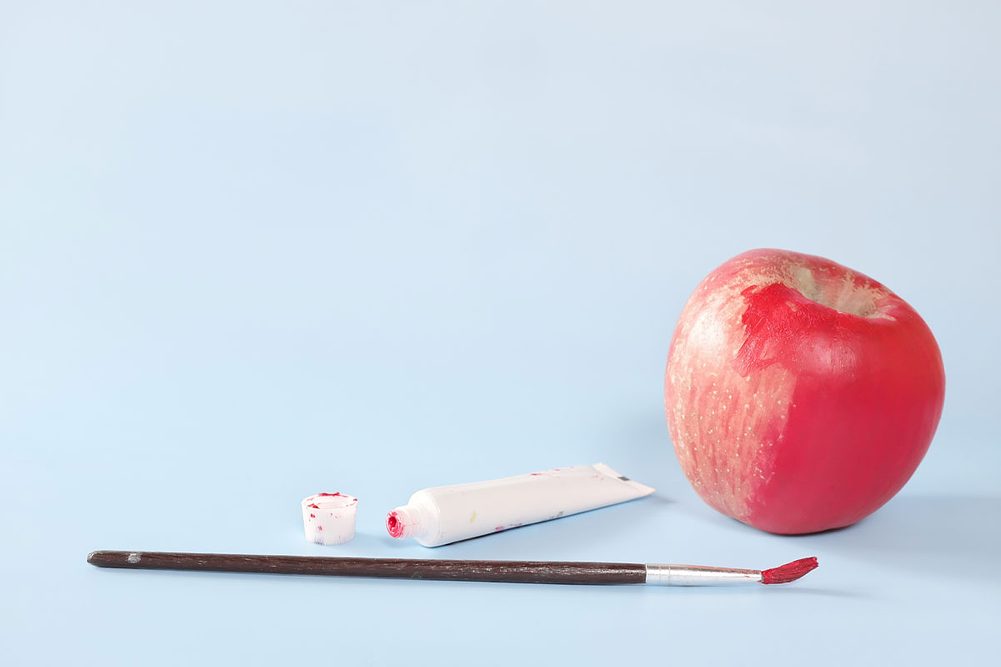
KANSAS CITY — The surge in prices for some foods and ingredients during the past few years may lead to a rise in economically motivated adulteration, or food fraud. To protect themselves, industry groups and companies are relying on federal regulatory bodies or product-specific testing to ensure finished product authenticity. While the measures themselves may contribute to further price rises, that is often considered a better alternative to the loss of consumer trust and, more significantly, demand.
There are few reliable statistics that capture the full scope of food fraud globally. The Food and Drug Administration estimated earlier this year its costs may range from $10 billion to $40 billion per year. Foods and beverages often associated with intentional misrepresentation include a range of products marketed under the USDA’s organic standards as well as individual products/categories such as honey, maple syrup, meat, olive oil, juices, seafood and spices. In December 2022, the FDA published sampling data taken in 2021 and 2022 of imported honey that found 10% of the samples contained less expensive undeclared added sweeteners like cane and corn syrups.
The threat of food fraud to the organic industry had become so great that the US Department of Agriculture National Organic Program (NOP) issued the Strengthening Organic Enforcement (SOE) Act earlier this year. The rules were prompted by a wave of negative reports about non-organic products being sold as certified organic.
In fact, when the SOE was proposed in 2021, a Minnesota farmer was indicted (and later pleaded guilty) to charges stemming from a $46 million fraud scheme. The farmer cultivated conventional crops and falsely provided purchasers with copies of NOP certification. The new rules governing the industry are intended to close gaps in current organic regulations and build consistent certification practices to prevent fraud.
The North American Olive Oil Association (NAOOA) unveiled plans to commission a comprehensive olive oil study to ensure product authenticity. The NAOOA noted drought in Europe has caused lower yields, tightened global olive oil supplies and created market conditions that are expected to keep olive oil prices at historic highs for the coming months.
The association specifically noted the testing program will begin in early 2024 to coincide with the first major shipments of olive oil from the most recent Northern Hemisphere growing season.
“The study is being announced in advance in part to deter any potential misconduct by bad actors seeking to capitalize on current market conditions,” the association said.
While certified organic honey and olive oil may be perceived as low-hanging fruit to those who engage in food fraud, the market is ripe with opportunities. In late November, the stevia ingredient supplier Sweegen alerted the market to “intentional mislabeling” within the stevia industry, specifically related to Rebaudioside M (Reb M). In addition to working with authorities in the United States and European Union, the ingredient supplier said it will test Reb M samples from other suppliers for authenticity.
The lengths groups and companies are going to ensure authenticity and protect intellectual property underscore the challenges food fraud poses in the marketplace. Yet the potential loss of consumer trust poses an even greater challenge that could impair affected food and beverage categories for years.





